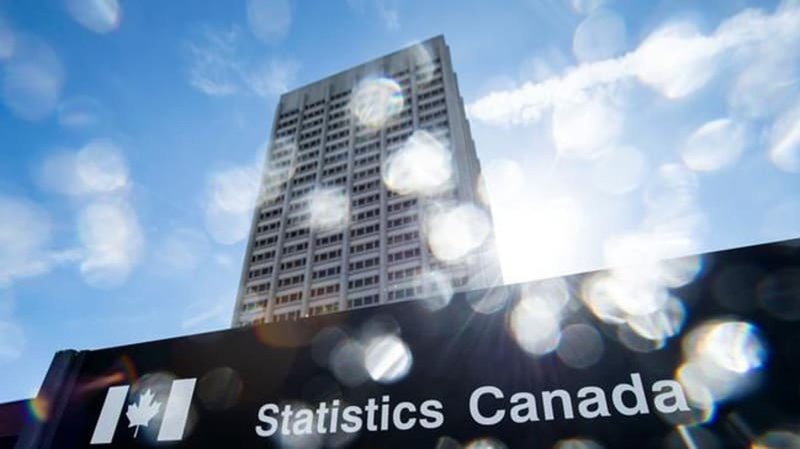
Stats Can plans ‘contactless’ census for 2021 in response to COVID-19
OTTAWA — Statistics Canada is working on plans to deliver a “contactless census” next May if COVID-19 remains a threat.
Officials from the agency said Friday the census day will be May 11, 2021 as planned
But efforts are being made to protect the health and safety of both census staff and Canadians, and any in-person census-taking will respect any applicable health advice such as physical distancing and protective gear.
In a technical briefing given on condition they not be named, the officials said in 2016, almost 90 per cent of Canadians responded to the census without an in-person contact, including online or by mail.
